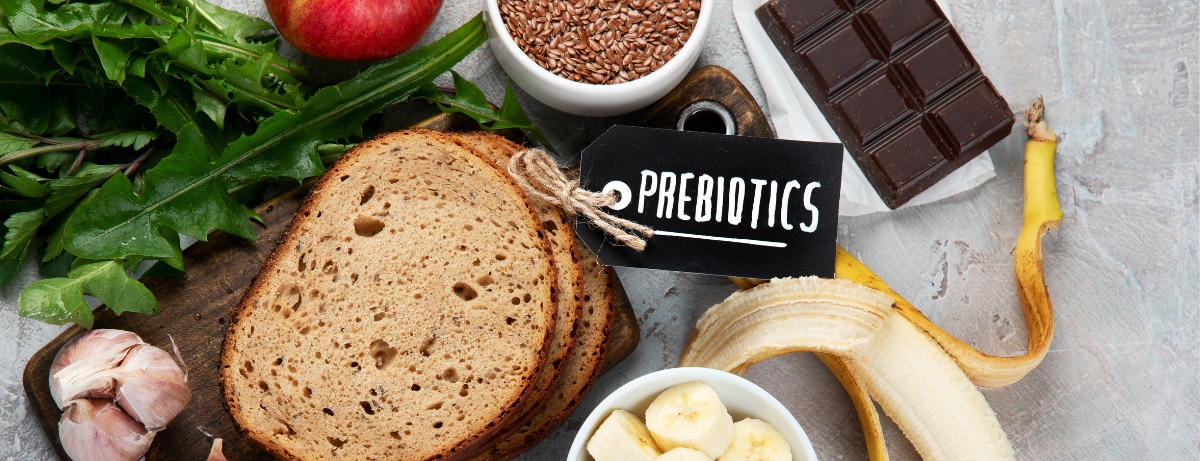15% off €25
Code:BAG
What is coeliac disease and how can it be managed?

Coeliac disease is caused by the body’s reaction to a protein in gluten called gliadin. Manage the condition by following a permanent gluten-free diet.
Coeliac disease affects about one in 100 people in the UK and is a serious autoimmune disease. Yet nearly half a million people have undiagnosed coeliac disease – could you be one of them?
It affects about one in 100 people in the UK, with the prevalence rising to about one in 10 for close family members.
Gluten is found in wheat (including spelt), rye and barley – and sometimes oats that have been contaminated with other gluten-based cereals. So obvious sources of gluten include breads, pastas, flours, cereals, cakes and biscuits but it is often also used as an ingredient in foods such as fish fingers, sausages, gravy, sauces and soy sauce. It takes just a small amount of gluten to cause intestinal damage in people with coeliac disease.
Coeliac disease is not the same as an allergy to wheat, which is a reaction to proteins triggered by the immune system that usually occurs within seconds or minutes of eating. It’s important not to confuse this serious disease with gluten intolerance.
What are the symptoms of coeliac disease?
Abdominal problems such as feeling bloated, diarrhoea, wind and constipation can be symptoms of coeliac disease, but nausea, tiredness, mouth ulcers, headache, sudden weight loss, hair loss and anaemia can also be signs. Symptoms can affect any area of the body and differ between individuals in terms of type and severity. Because coeliac disease damages the small intestine, the body struggles to absorb the nutrients in food and malnutrition can occur.Coeliac disease can also lead to osteoporosis and small bowel cancer if left undiagnosed and untreated, while dermatitis herpetiformis is a blistering skin disease linked to coeliac disease. One in four people with coeliac disease had previously been treated for irritable bowel syndrome.
A blood test, which looks for certain antibodies, can help to diagnose coeliac disease, but you’ll be asked to continue to eat gluten before you are tested. It is likely you will then have a biopsy to confirm the diagnosis.
Children who have a genetic predisposition to coeliac disease, who show the symptoms and have a blood test that confirms the antibodies may not need to have a biopsy.
Coeliac disease is a life-long condition; sufferers will not grow out of it or get better. Following a strict and permanent gluten-free diet is the only treatment. Even tiny amounts of gluten (a breadcrumb) can be damaging to people with coeliac disease so, if you’re sharing your kitchen with someone who has it, you will need to avoid cross-contamination.
This means you’ll need to use separate kitchen utensils for food preparation and cooking, and separate bread boards. You’ll also need to wash worktops, cupboards and baking trays clean of traces of gluten before use and consider either a separate toaster or toaster bags for gluten-free toast. Avoid dipping cutlery into jam and other condiments if they are shared with someone with coeliac disease.



